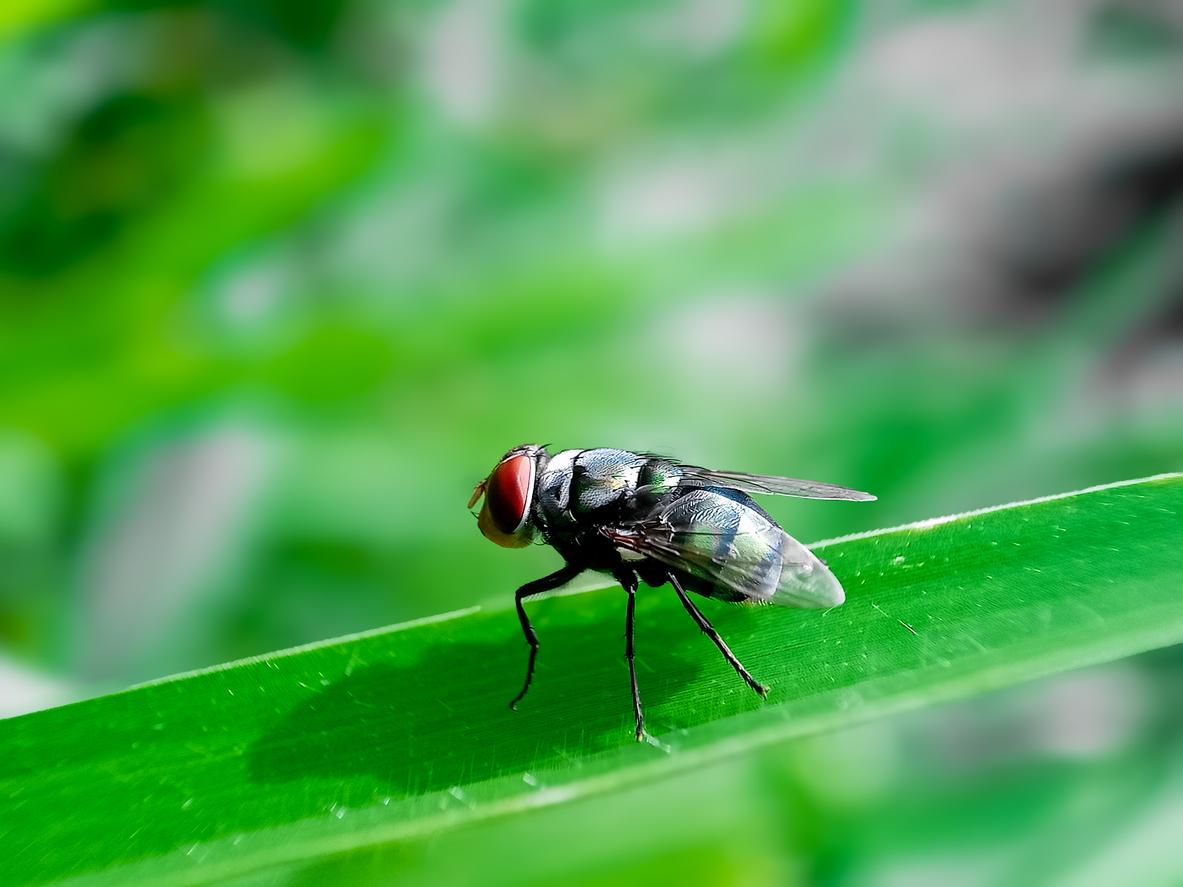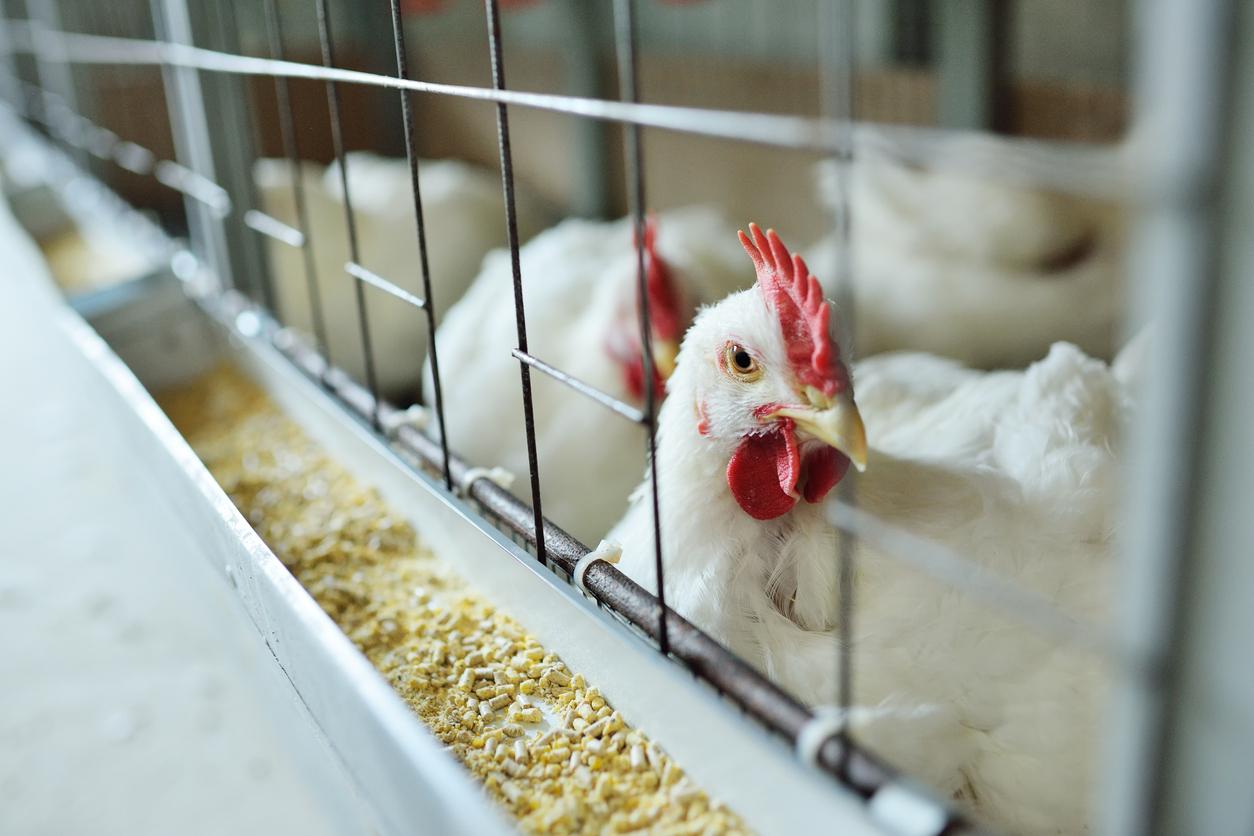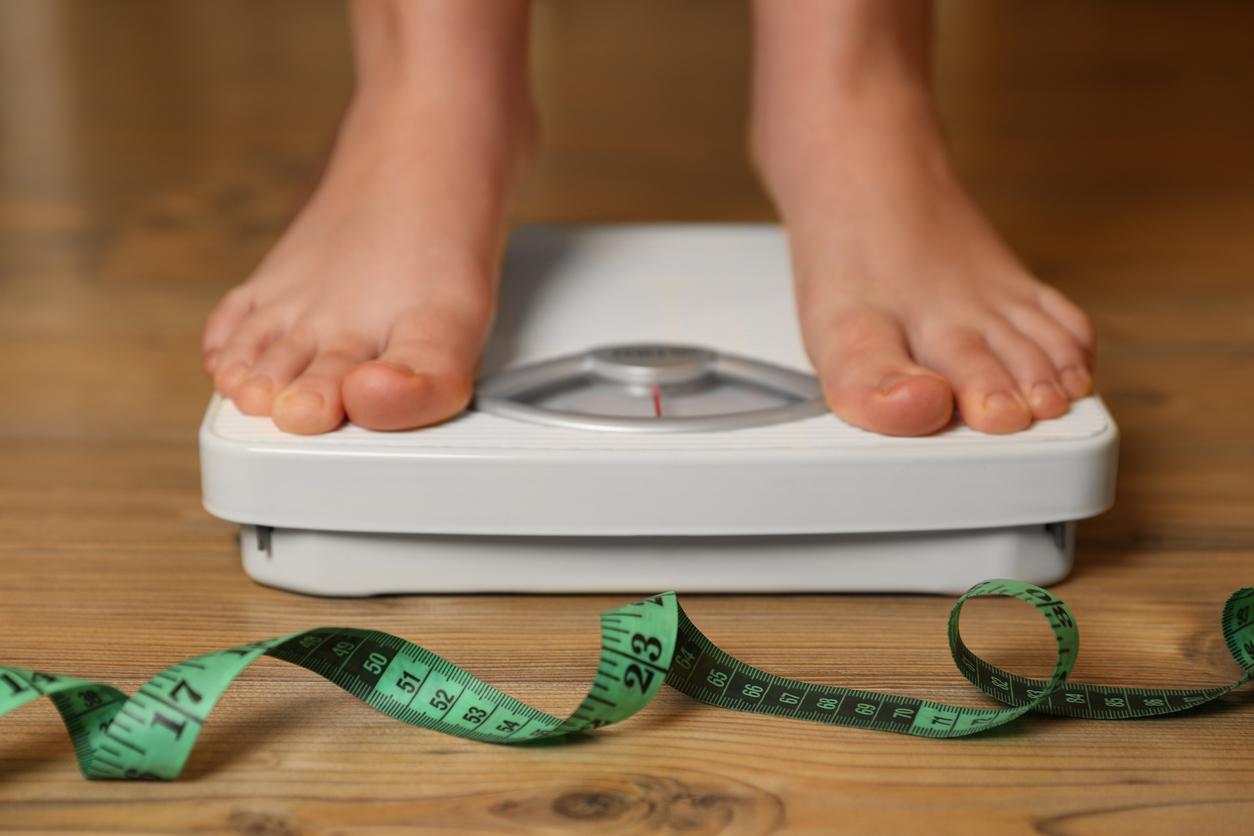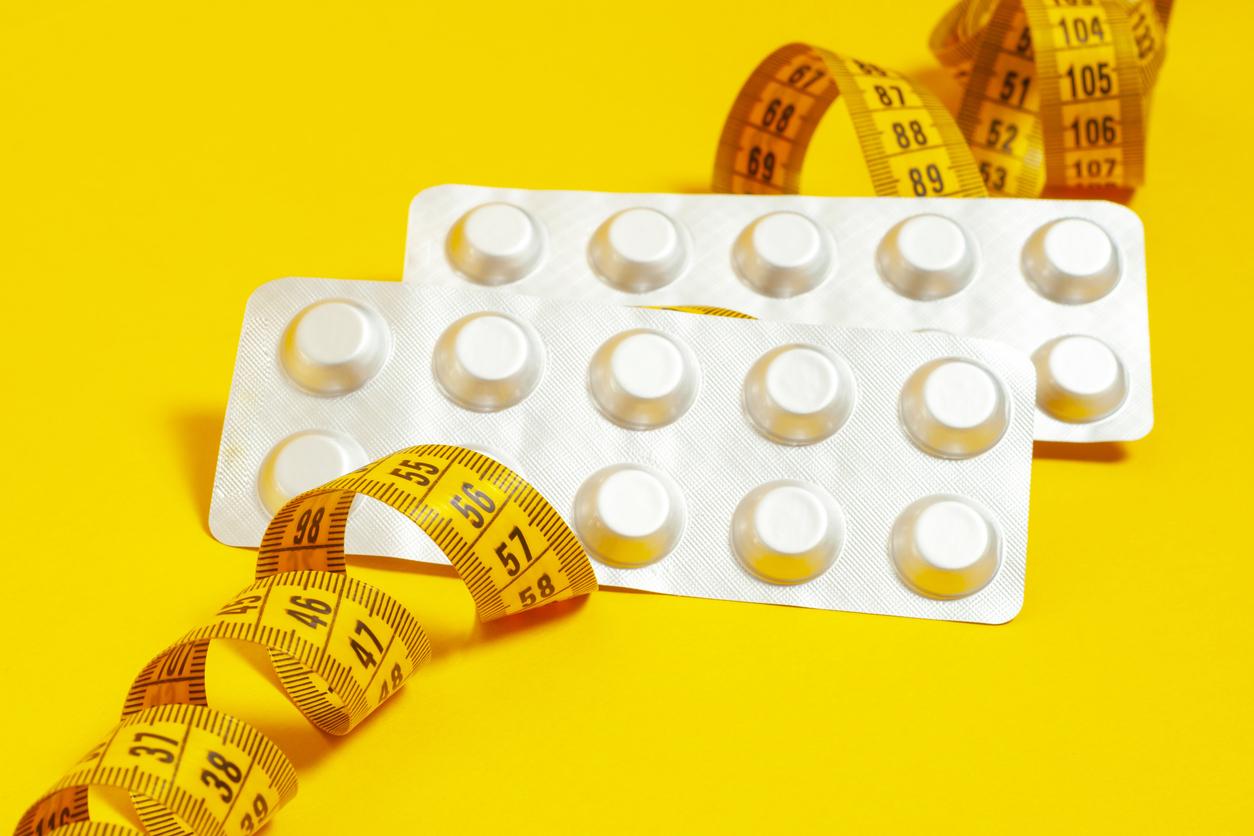Zion Harvey is an extraordinary child. Amputated both hands at the age of 2, he now plays baseball. The boy is the first to have received a double transplant.

Zion fought like a lion to survive sepsis. And it continues to surprise medical teams. At only 8 years old, the young American is the first patient in the world to have benefited from a double hand transplant.
Only 18 months after the procedure, the boy fulfilled his dream of holding a baseball bat and wielding it. This hopeful success is the subject of a publication in The Lancet Child & Adolescent Health.
Before the surgery, Zion Harvey had little choice. It was only with the help of others, or with sophisticated equipment, that he could dress, eat or bathe himself. The child had his hands and feet amputated when he was just two years old.
Considerable progress
Due to severe sepsis, the young American also received a kidney transplant. This is why it was chosen by the doctors of the Children’s Hospital of Philadelphia (United States): an anti-rejection treatment, using immunosuppressants, was already in place.
For more than 10 hours, four teams of surgeons work on the child’s hands. We are then in July 2015. Two years later, the doctors take stock. And it is clearly positive.
6 days after the operation, Zion begins a long journey. Physiotherapy begins. He must learn everything. Writing, dressing, using a knife or a pencil … To this intensive care is added a massive anti-rejection treatment. The boy is currently on four different immunosuppressants.
The brain adapts
The transplant takes. A few days after the surgery, Zion manages to wiggle his fingers. Six months later, his touch returns. Little by little, the grafted hands become infuriated. At the end of eight months, the child handles scissors and pencils with dexterity. But the greatest success occurs after a year. Zion Harvey grabs a baseball bat and plays with it. One of its two objectives is fulfilled.
And it’s the boy’s whole organism that adapts. His brain understood. Thanks to neuronal plasticity, certain regions develop new networks which make it possible to consolidate the motor control of the hands and the sensation of touch.
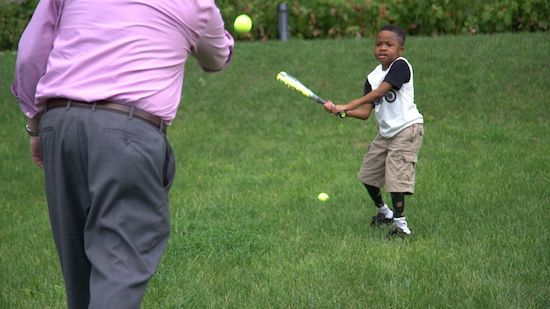
Source : Children’s Hospital of Philadelphia (United States)
Zion can now wash, dress, and eat without outside help. And the progress shouldn’t stop there. “He continues to improve as he benefits from physiotherapy sessions, which allow him to improve the functioning of his hand, and psychosocial support which helps him manage the necessities of the surgery,” explains Dr. Sandra Amaral, who followed the child.
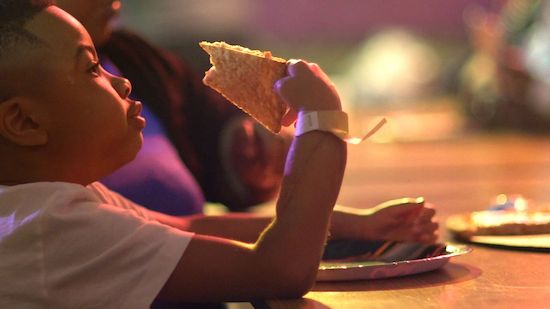
Source : Children’s Hospital of Philadelphia (United States)
Case by case
However, surgeons do not plan to reproduce the experience anytime soon. The results are amazing. But the support is very heavy. “Functionally, the results are positive, and the boy is benefiting from the surgery; but it was very trying for the child and his family, ”says Dr Sandra Amaral.
In fact, Zion had a difficult period, punctuated by 8 beginnings of rejections. The massive use of immunosuppressants has made it possible to reverse the trend. At a high cost. One of the drugs affects the bone development of the child. During his follow-up, the boy also developed several infections and his kidney health declined.
In view of the risk of diabetes, cancer and infections associated with anti-rejection treatments, the intervention cannot be offered often. However, it represents an alternative to consider: 45% of hand amputees end up abandoning their prosthesis.
.










